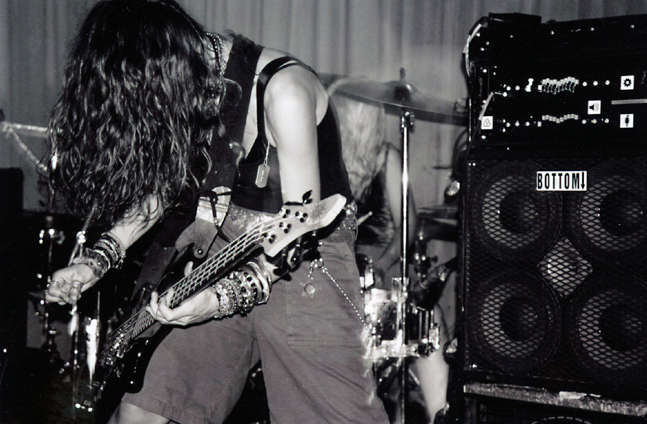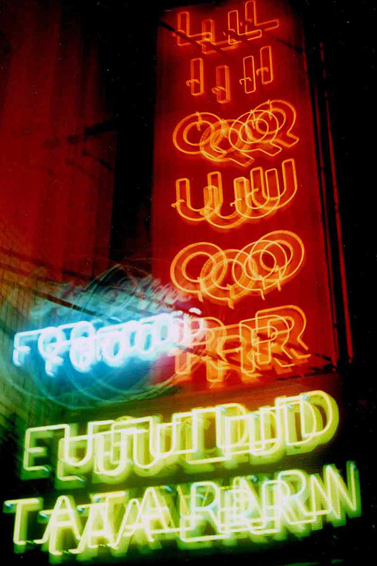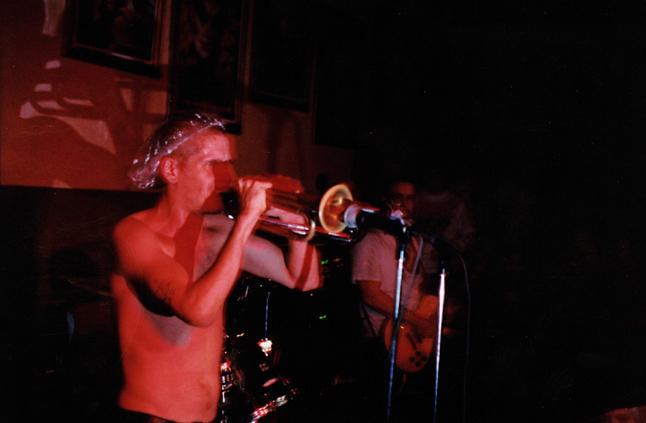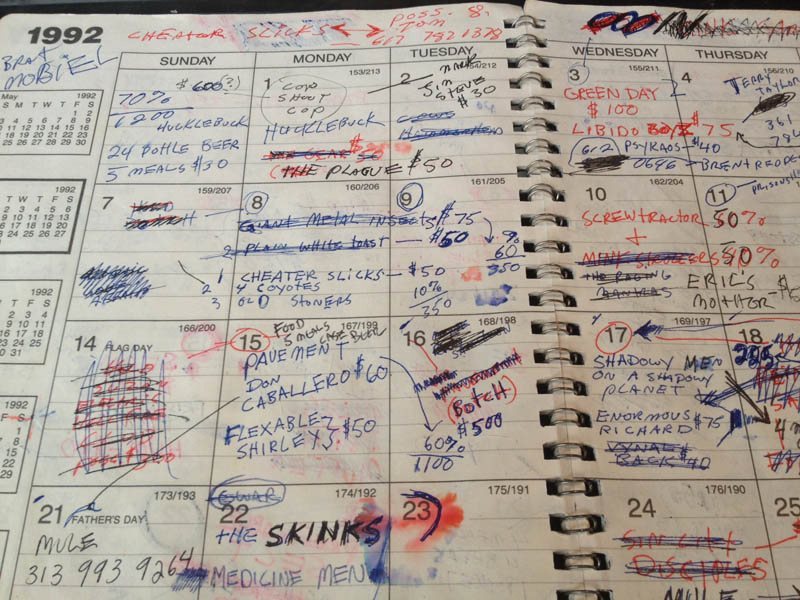Euclid Tavern

The Euclid Tavern was established in 1909 but became a prominent fixture in University Circle only in the late 1970s and early 1980s. With its laid-back atmosphere and unrefined reputation, the Euclid Tavern attracted a varied clientele that ranged from local college students to blue-collar workers and Cleveland police officers. Bob Jost and Paul Devito, owners of the Euclid Tavern during this time period, operated the establishment with no specific business model in mind. Reportedly, regular patrons were free to go behind the bar to get their own drinks and place money in the cash register themselves. When the bar ran out of pitchers for serving beer, the bartenders were known to fill empty Tropicana glass bottles instead.
During the 1980s and 1990s, the Euclid Tavern emerged as a popular place for Clevelanders to listen to local and underground bands and just have a good time. "The Euc," as it was known by many, did not try to compete with popular Cleveland dance bars like the Agora, Spanky's, or Filthy McNasty's. Instead, the Tavern embraced a more low-key style and scheduled weekly appearances by bands that played their own original music.
In the early 1980s, the co-owners of the Euclid Tavern had a difficult time filling the Monday night performance slot. In place of hosting a band, Jost, Devito, and Jimmy Cvelbar took employee Jerry Suhar away from making his "Pittsburgers" in the kitchen and placed him at center stage hosting an open mic night. Unfortunately, there were rarely any volunteers from the audience willing to perform. Suhar, a seasoned performer with training from Cleveland Institute of Music, took up the slack, singing and playing guitar for the college students who showed up on Monday nights. Suhar played in the Monday night slot from 1980 to 1990 and became known for leading sing-a-long arias and singing novelty songs like "Mighty Mouse" and Freddie Blassie's "Pencil Neck Geek."
When Suhar retired from performing at the Euclid Tavern, another employee from the tavern kitchen, Derek Hess, began booking Monday night shows featuring touring underground rock bands. Burgeoning "alternative" acts like Helmet, Pantera, Pavement, and Green Day - whose tours might have skipped Cleveland before Hess helped restore the city's reputation as a rock and roll destination - now had a place to play in Cleveland where they knew they would be treated well. As word spread among touring musicians, the Euclid Tavern's booking calendar grew fuller and the club expanded its musical offerings from Monday nights to hosting a concert almost every night. In addition to booking the shows, Hess, a Cleveland Institute of Art alumnus, also produced the show flyers advertising the bands. In time, Hess's poster art became a ubiquitous presence in Cleveland's art and music scene, helping to give the Euclid Tavern a distinctive identity and eventually propelling Hess to national prominence as one of the world's best-known poster artists (a number of Hess's works from this era have been added to the permanent collections of the Louvre and the Rock and Roll Hall of Fame and Museum). Within a few short years, the Euclid Tavern had gone from one of the city's best neighborhood hangouts to one of the nation's best rock and roll clubs, losing none of its local character in the process.
The Euclid Tavern was also a filming location for the 1987 film "Light of Day" starring Michael J. Fox and Joan Jett. The director of the film, Paul Schrader, came to listen to the Generators and decided to include the Euc in the film because he liked its atmosphere. The Euclid Tavern was the venue for Fox and Jett's fictional band The Barbreakers to perform at the end of the film. In preparation for the film, the Tavern was slightly uncluttered and was supposedly given the famous neon sign that still hangs in the front of the building.
In 1997, after nineteen years of ownership, Jost and Devito sold the Euc to Dan Bliss and John Michalak, owners of a number of local Cleveland establishments including Peabody's Down Under in the Flats. Unfortunately, the new owners were unable to keep the business afloat; the Euclid Tavern closed its doors in 2001. In 2013, after a series of failed re-launches, University Circle Inc. took ownership of the property. The Euclid Tavern re-opened as a second location of Happy Dog in 2014 but closed four years later.
Audio
Images








